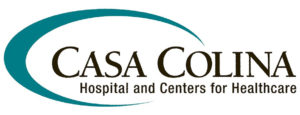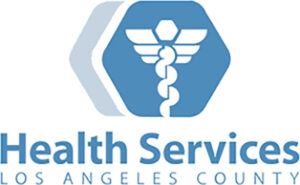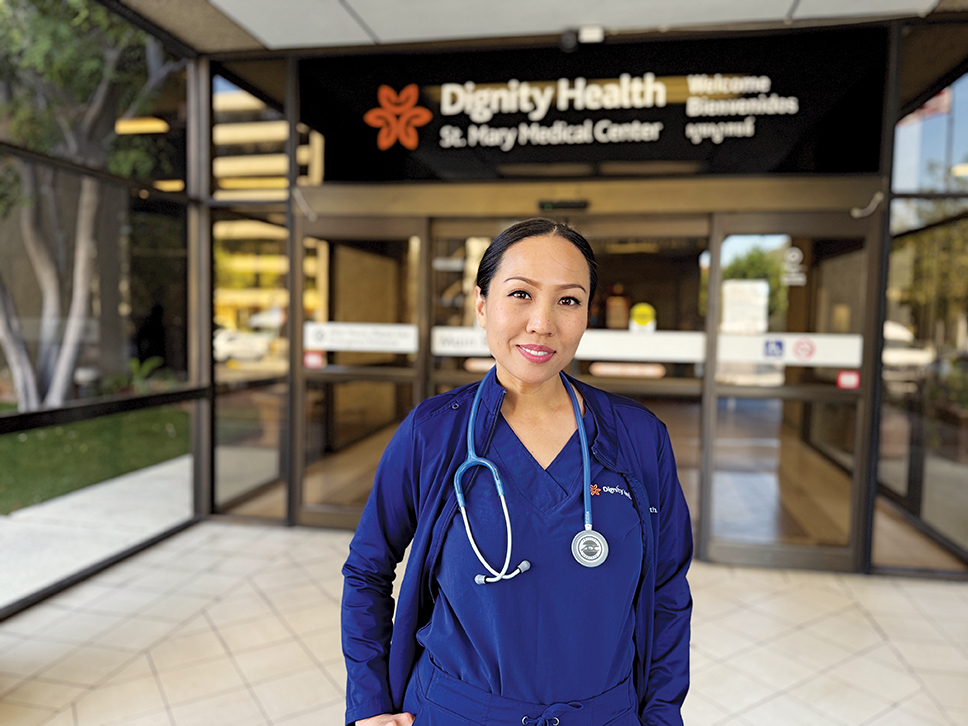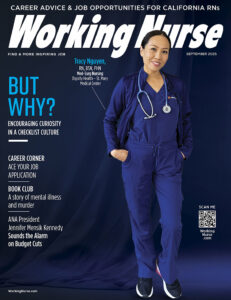Feature
The Value of Nursing Certification
Empowering nursing excellence

Sarah’s Certification Journey
Sarah is a dedicated registered nurse with three years of hospital experience. During nursing school, she learned about certification, but at the time, she did not yet meet the requirements, so she put it out of her mind. One day, she stumbled on an article in a nursing journal and realized that she was now qualified to become certified in her specialty.
After discussing the idea with her manager and a mentor, Sarah learned that her hospital offered many resources to support her certification journey, including access to a library of test review books. The hospital would even pay exam fees.
It took several months of hard work to prepare for the certification exam, but studying opened Sarah’s eyes to some exciting recent developments in her specialty, which she eagerly passed along to her coworkers. She also connected with other nurses studying for their certifications, so they could all support each other.
When Sarah passed the exam later that year, her colleagues celebrated her achievement and added her name to the unit’s plaque of certified nurses. Her manager recognized Sarah’s commitment to her professional growth and began recommending her for other opportunities.
Before long, Sarah was a charge nurse and serving on her unit council. She stayed close with the nurses she’d bonded with during their after-hours study sessions, and other colleagues began to turn to her for her expertise, enhancing the practice of her whole unit. Looking back, Sarah marveled at how much certification had transformed her career.
While Sarah is fictional, her story is an example of how certification can enhance and validate a nurse’s skills and professional credibility, opening a multitude of opportunities for career advancement. Let’s explore the immense value of nursing certification, highlighting the benefits it offers to nurses, patients, healthcare organizations, and the healthcare system as a whole.
What is Certification?
The first specialty nursing certification program in the United States, for nurse anesthetists, was established in 1945. Today, there are more than 180 different certifications in dozens of specialty areas. The American Board of Nursing Specialties (www.nursingcertification.org) defines certification as the formal recognition of a nurse’s specialized knowledge, skills, and experience, demonstrated by the achievement of standards identified by a nursing specialty as promoting optimal health outcomes. Those standards are determined by a board or other certifying organization, which also administers the eligibility requirements.
























